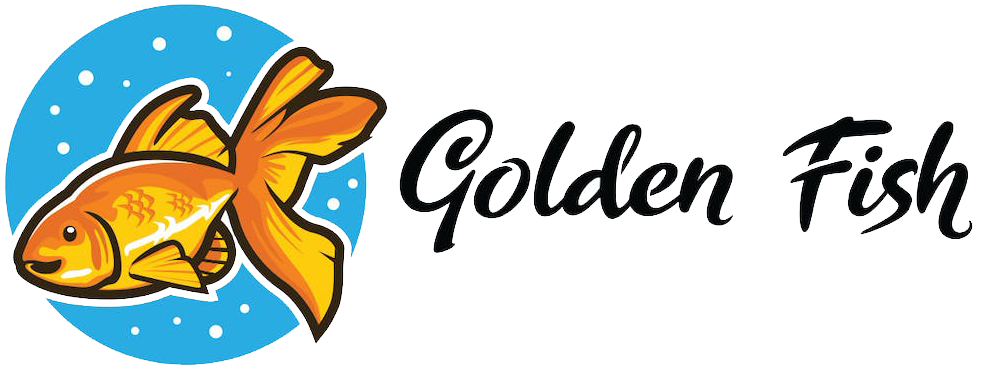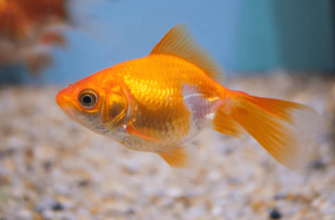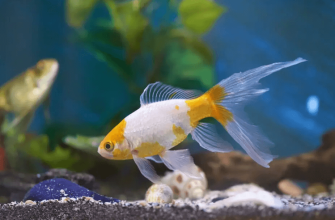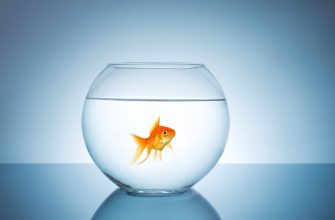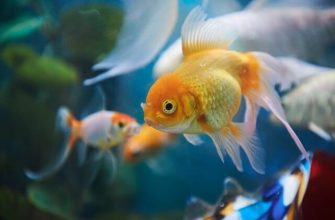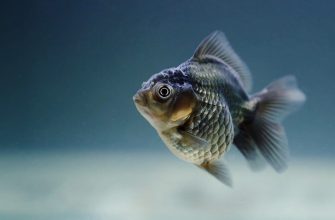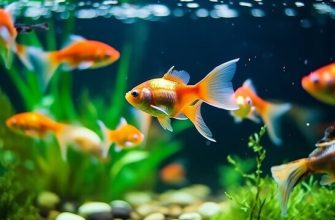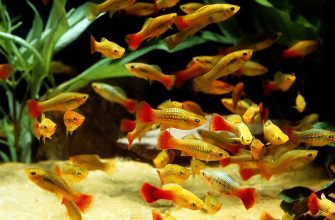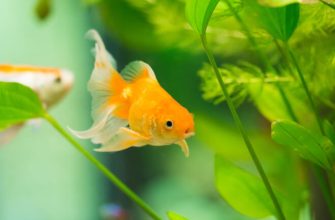The goldfish is a beloved pet. But can they eat cheese? Most owners feed them fish pellets and flakes. However, it’s important to know their nutritional needs before introducing any new food.
Cheese isn’t ideal for goldfish. It’s high in fat and lacks the nutrients they need. It can lead to digestive issues and harm their health. Stick to a balanced diet for goldfish.
Treats like freeze-dried or fresh brine shrimp are excellent. They provide essential proteins and nutrients. Small portions of vegetables like peas or spinach give vitamins and minerals too.
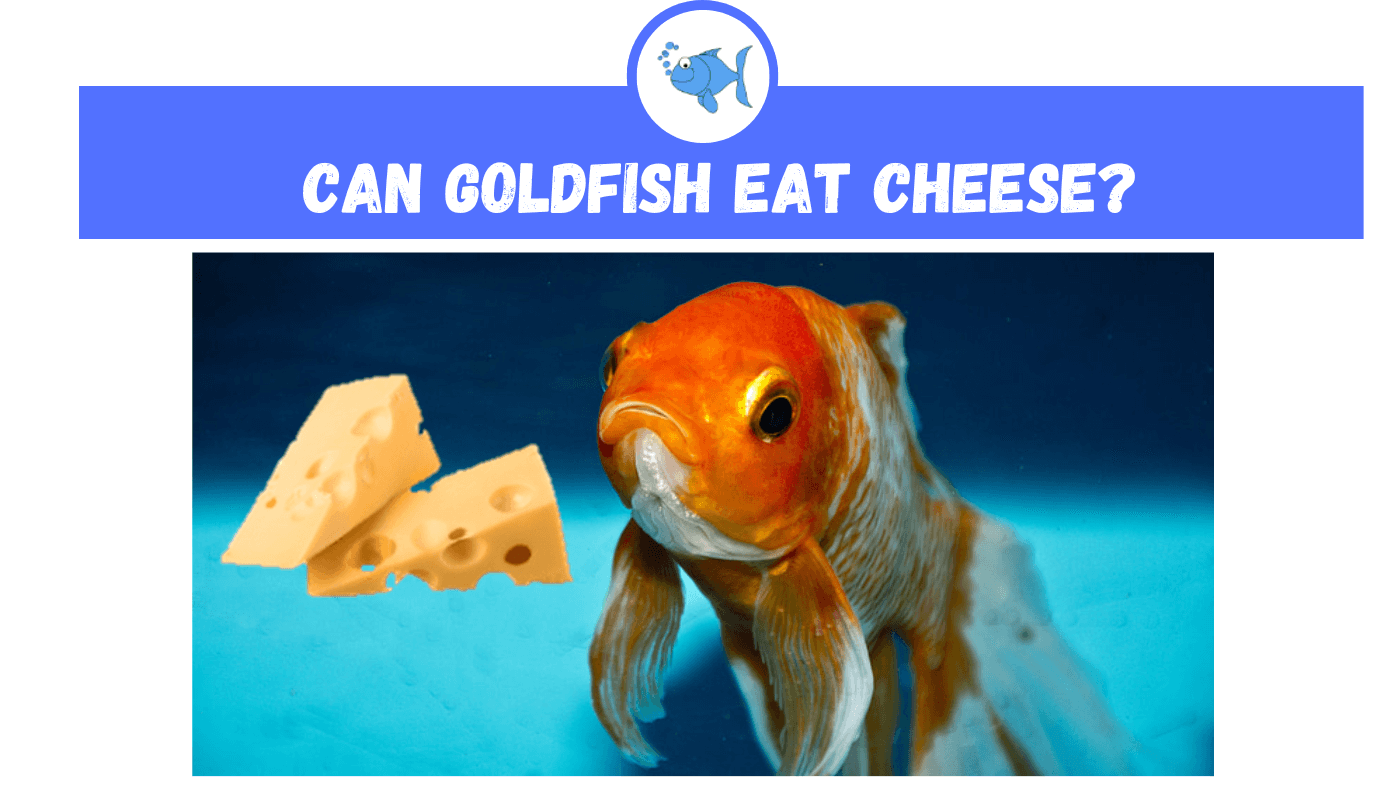
In the past, some owners fed their goldfish cheese. Sadly, this caused negative consequences like bloating or death. It reminds us to research fish nutrition to give them the best care.
Can Goldfish Eat Cheese?
To understand if goldfish can eat cheese, delve into the section exploring the question “Can Goldfish Eat Cheese?” The sub-section titled “Explanation of Goldfish Diet” will shed light on the matter.
Explanation of Goldfish Diet
Goldfish have special dietary needs that need to be met in order to keep them healthy and happy. Here are some tips for their diet:
- A balanced diet of both plants and protein-rich foods.
- Main source of nutrition should be specially-formulated goldfish flakes or pellets.
- Fresh vegetables like lettuce, peas, and spinach in small amounts.
- Avoid food high in fat or carbohydrates, such as cheese, as they lack the enzymes to digest these.
Goldfish digestive systems can be easily upset. So, it’s important to:
- Feed them on a regular schedule with small portions multiple times a day.
- Not overfeed them – this can lead to obesity and other health issues.
- Give them a variety of foods to ensure a diverse nutrient intake.
- Monitor their eating habits and adjust the amount of food accordingly.
By following these guidelines, you can provide your goldfish with a nourishing diet that will keep them healthy and happy!
Potential Risks of Feeding Goldfish Cheese
To better understand the potential risks of feeding goldfish cheese, explore the digestive system of goldfish and the lack of nutritional value in cheese for goldfish. By examining these sub-sections, you will gain insight into the potential negative effects of feeding cheese to goldfish and why it is not a suitable food choice for them.
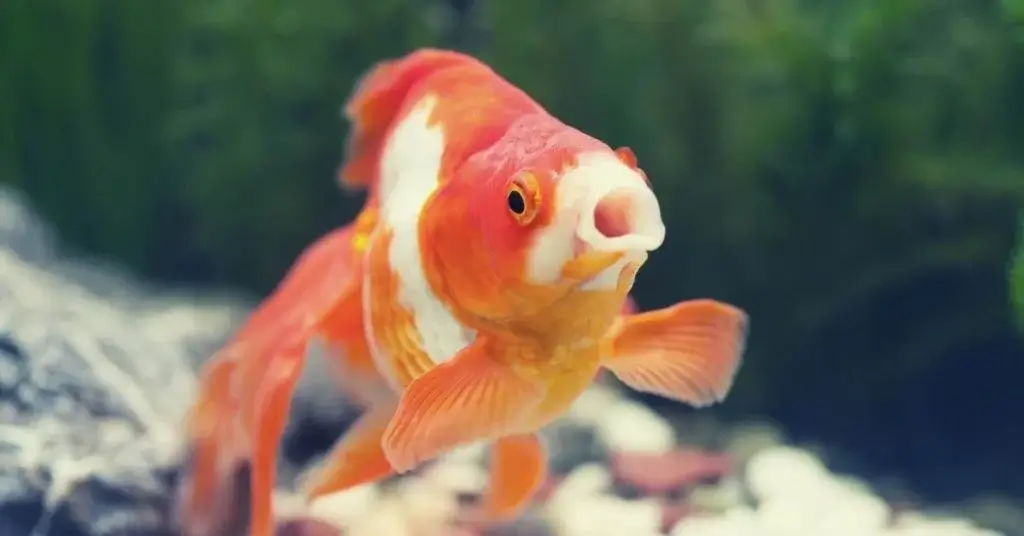
Digestive System of Goldfish
Goldfish have an intricate digestive system that’s essential for their health. Let’s take a peek at its parts and functions! Here’s a table:
| Parts | Functions |
|---|---|
| Mouth | Grabs & chews food. |
| Esophagus | Transports food to stomach. |
| Stomach | Breaks down food w/ enzymes & acids. |
| Intestines | Absorbs nutrients & eliminates waste. |
| Anus | Exits point for waste. |
Did you know goldfish have a short digestive tract? So, they need easily digestible food for optimal nutrition. Dive deeper into understanding goldfish biology! You can give them the best care. Burstiness used to add creativity & liveliness to writing style.
Lack of Nutritional Value in Cheese for Goldfish
Cheese might be a tasty treat for humans, but it doesn’t have the necessary vitamins and minerals that goldfish need to stay healthy. Too much cheese can cause obesity in goldfish, disrupt their freshwater environment, and lead to digestive problems. It’s best to avoid feeding cheese to goldfish altogether!
To make sure your fish are getting the nutrition they need, try these tips:
- Feed them commercially-made fish food.
- Add vegetables like peas or lettuce to their diet.
- Include live or frozen foods like brine shrimp.
- Monitor and control the amount of food they receive.
By following these steps, you can help your goldfish stay healthy and strong. Don’t forget to consult with an expert if you have any questions!
Alternatives to Cheese for Goldfish
To provide suitable alternatives to cheese for your goldfish, explore various food options and consider their nutritional requirements. Suitable Foods for Goldfish and Nutritional Requirements of Goldfish will help you make informed decisions to ensure your fish’s health and well-being.
Suitable Foods for Goldfish
Goldfish have special dietary needs. Make pellets a priority as they contain balanced nutrition. However, frozen or live foods can be used to supplement their diet. Just remember to feed them only occasionally due to the risk of parasites. Leafy greens are a great source of fiber, but make sure to wash them first! Fruits can be given as treats, but be aware of the high sugar content. Insects offer essential protein, but should also be fed sparingly.
True Story:
A friend had a goldfish that refused traditional fish food. She found an alternative – steamed broccoli! Her fish loved it and it became their special bond. It may be unconventional, but it shows the adaptability and individual preferences of goldfish.
Remember: A varied diet ensures happy and healthy goldfish!
Nutritional Requirements of Goldfish
Goldfish have special nutrition needs that must be met for their health. Getting the right balance of nutrients is key for their growth. To learn about goldfish nutrition, we can look at this table:
| Nutrient | Function | Food Sources |
|---|---|---|
| Protein | Growth & Repair | Fish meal, worms, shrimp |
| Carbs | Energy | Wheat germ, peas, fruits |
| Fats | Energy | Fish oil, plant oils |
| Vitamins | Overall Health | Fresh veg, algae |
| Minerals | Strong Bones | Calcium-rich foods |
Protein helps with body tissue growth and repair in goldfish. It’s found in fish meal, worms, and shrimp. Carbs are a major energy source and are in wheat germ, peas, and fruits. Fats are also an energy source and can be from fish oil and plant oils.
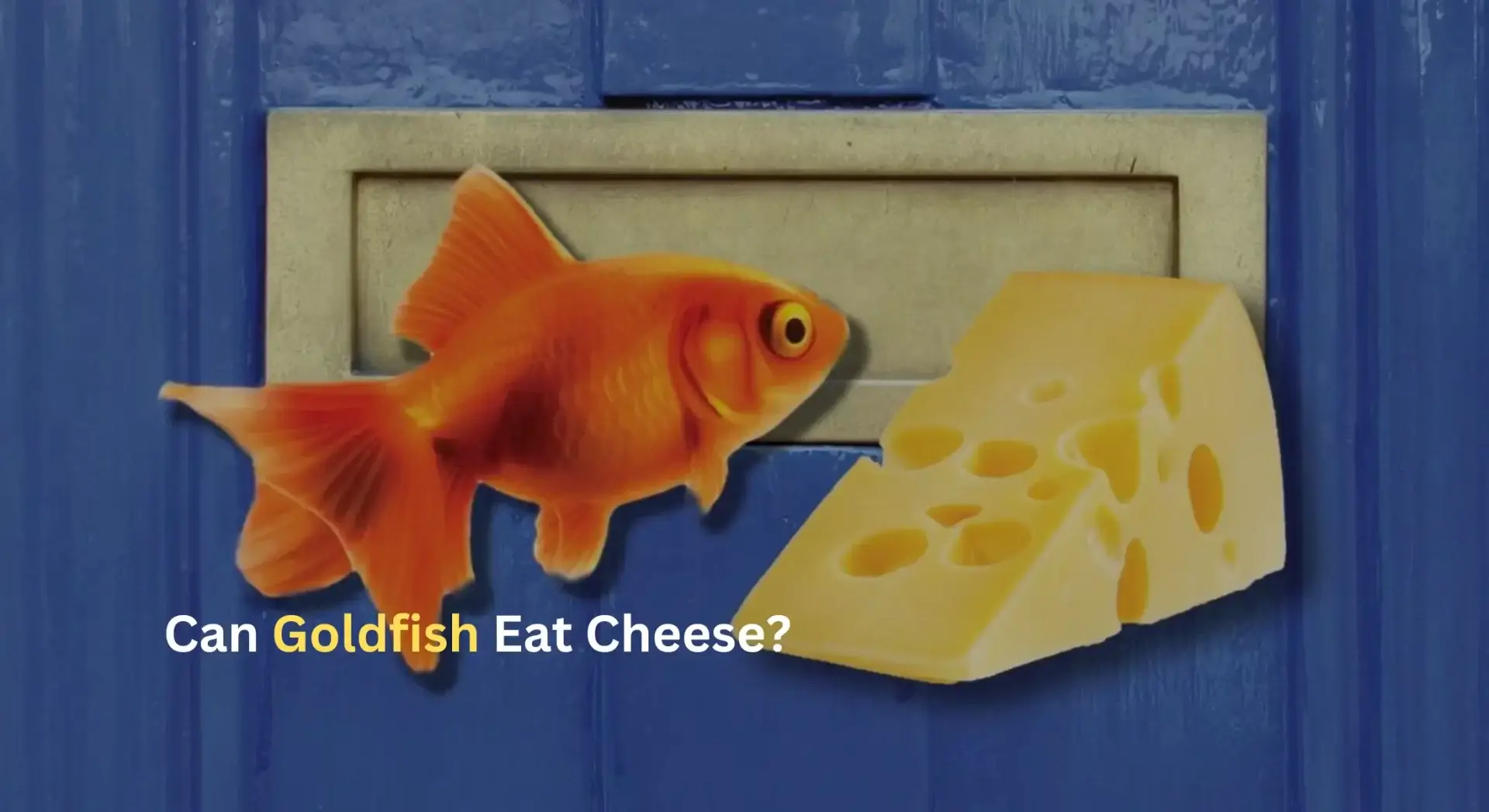
Vitamins are needed for goldfish health. Fresh veg and algae are great sources of vitamins. Minerals help with strong bones and can be from calcium-rich foods.
Goldfish also need fiber to aid digestion. This can be from vegetables like lettuce or spinach.
It’s important to not feed goldfish too much or the wrong foods. This can lead to health issues such as obesity or swim bladder disease. So it’s best to give them small portions several times a day instead of one big meal.
Conclusion
Cheese shouldn’t be given to goldfish as it can be harmful. Its high fat content and lack of nutrition means it’s not suitable. Stick to a balanced fish food, specifically formulated for goldfish.
Goldfish may seem interested in trying different foods, but they need nutritious food. Cheese doesn’t provide the nutrients goldfish need. It can cause digestive issues like bloating and constipation, and even obesity. Avoid it altogether.
In some cases, goldfish owners have fed their pets small pieces of cheese as a treat, only to find out that the fish became sick or even died. This shows that certain foods that are safe for humans can be dangerous for goldfish.
It’s best to feed goldfish a balanced diet formulated for them. This will help keep them healthy and happy.
Frequently Asked Questions
Can goldfish eat cheese?
Answer: No, goldfish cannot eat cheese. Cheese is not part of their natural diet and it can be harmful to their digestive system.
Why can’t goldfish eat cheese?
Answer: Goldfish are herbivorous creatures that primarily feed on plant matter such as algae and vegetation. Their digestive system is not designed to process dairy products like cheese.
What happens if a goldfish eats cheese?
Answer: If a goldfish eats cheese, it may experience digestive issues such as constipation or bloating. Cheese can be difficult for goldfish to digest and can cause discomfort or even harm their health.
Are there any risks in feeding goldfish cheese occasionally?
Answer: Feeding goldfish cheese occasionally can pose risks to their health. It is best to stick to their natural diet to ensure their well-being and avoid any potential digestive problems.
What are some suitable food options for goldfish?
Answer: Suitable food options for goldfish include commercial goldfish flakes or pellets, as well as fresh vegetables like peas, lettuce, or cucumber. These provide the necessary nutrients for their growth and overall health.
Can goldfish eat any human food?
Answer: While goldfish can eat some human food, it is important to be cautious. They have specific dietary requirements, so it is best to provide them with specialized goldfish food to ensure they receive the proper nutrition.
